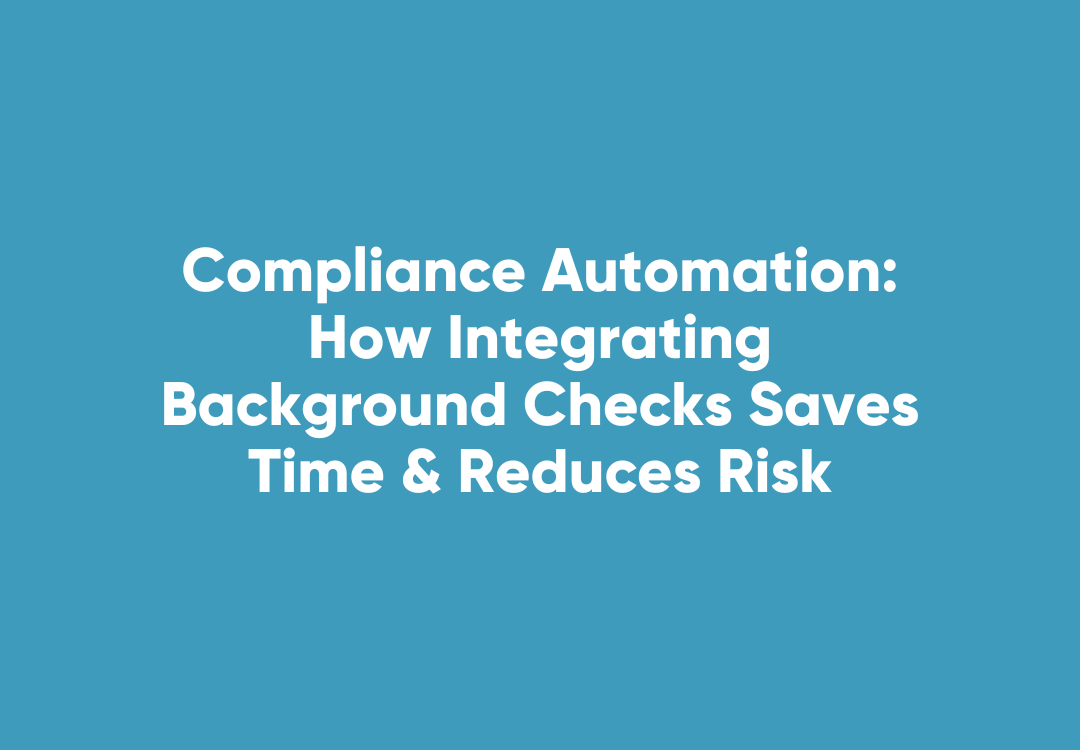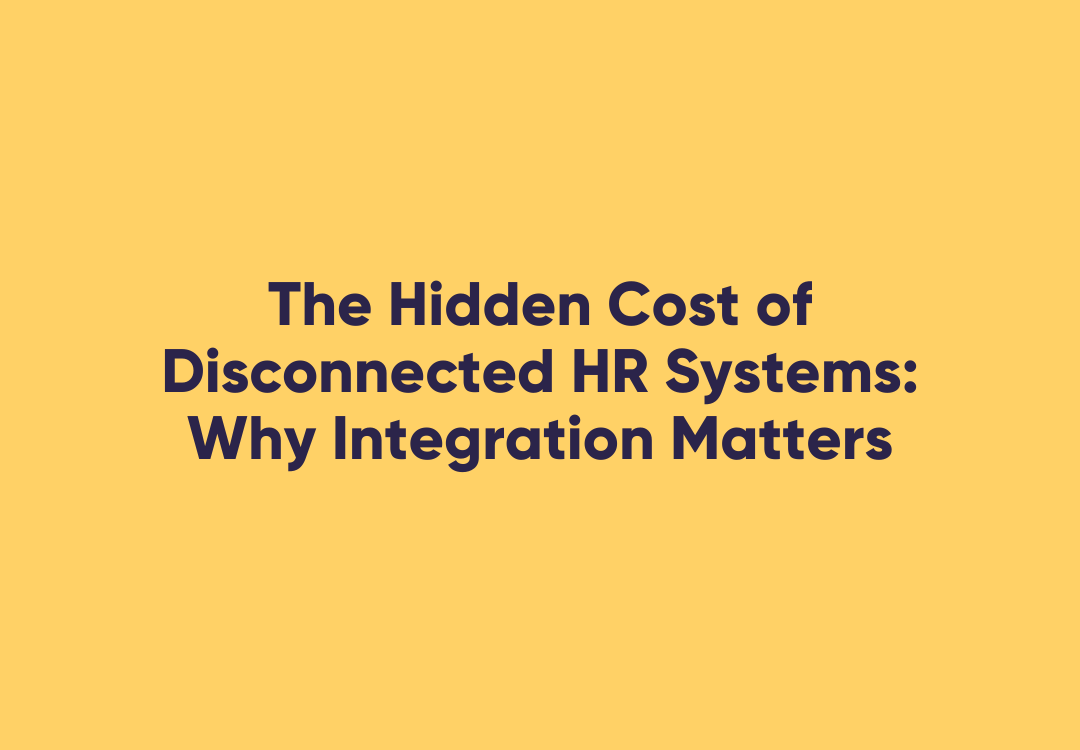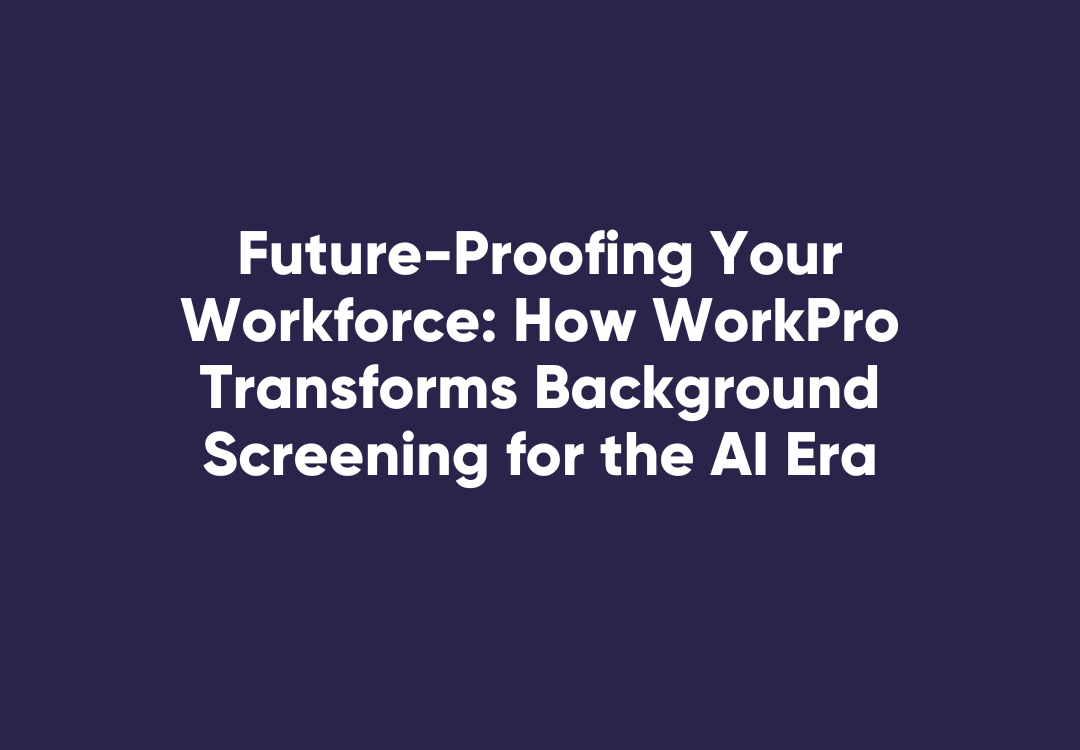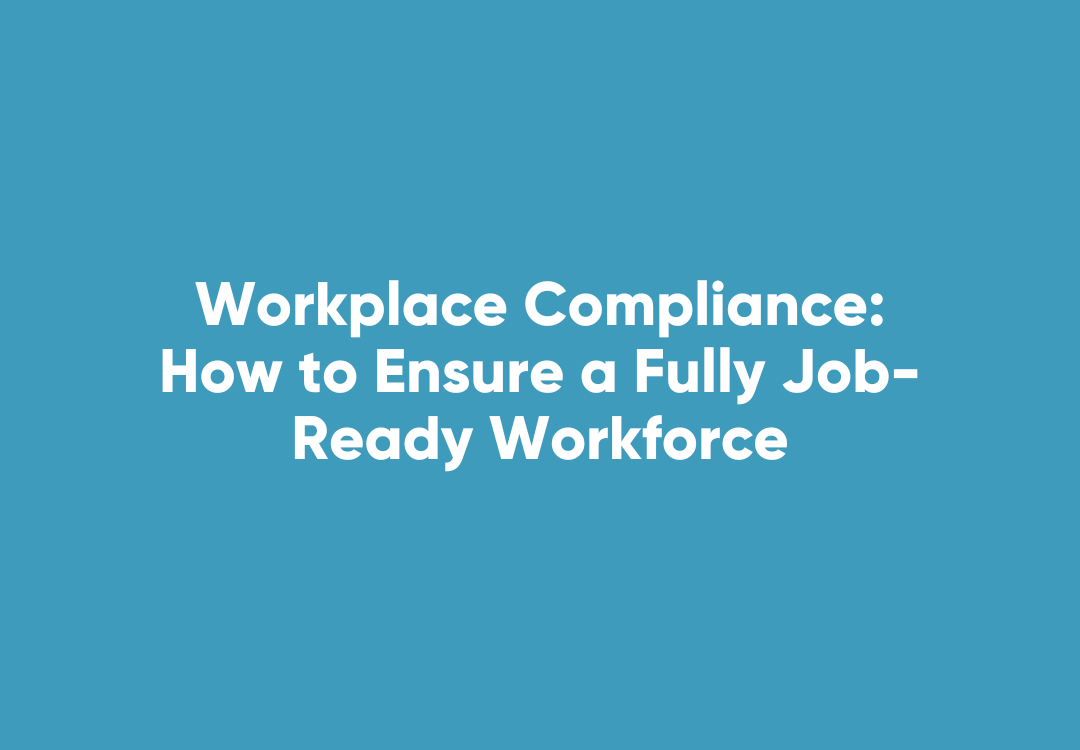Future-Proofing the Workforce with Upskilling and Reskilling
Future-Proofing the Workforce with Upskilling and Reskilling
Industries are evolving at an unprecedented pace, driven by technological advancements, automation, and shifting market demands. Consider how artificial intelligence has revolutionised industries such as finance, healthcare, and retail—introducing efficiencies while simultaneously rendering some traditional roles obsolete. Likewise, rapid digital transformation has forced businesses to rethink operations, requiring employees to develop new competencies in cybersecurity, data analysis, and remote collaboration tools.
In response, organisations that fail to invest in workforce development risk falling behind. While hiring for immediate skill gaps remains essential, the real challenge lies in ensuring that employees are continuously learning and adapting to change. This is where upskilling and reskilling come into play—strategic initiatives designed to expand existing employee capabilities or train them for entirely new roles, ensuring long-term workforce viability.
Rather than focusing solely on recruitment as a solution to skill shortages, businesses that embed continuous learning and skills development into their workplace culture build resilient, adaptable teams that can pivot as industries evolve. This proactive approach doesn’t just benefit the employer—it creates a more engaged, fulfilled workforce that feels valued and prepared for future challenges.
Why Upskilling and Reskilling Are Essential
The ability to upskill and reskill employees isn’t just a competitive advantage—it’s an organisational necessity.
Bridging the Skills Gap
Technology is advancing faster than education systems can adapt. Many businesses struggle to find candidates with the necessary technical expertise, while employees often find that their current skills become outdated within just a few years. By prioritising skills development, companies can fill critical knowledge gaps internally instead of scrambling to hire externally.
For instance, rather than replacing employees whose roles have been impacted by automation, businesses can provide training to help them transition into more strategic, high-value positions within the organisation.
Boosting Employee Retention and Engagement
A workforce that feels stagnant is more likely to seek opportunities elsewhere. Employees who see clear career development pathways within their organisation are significantly more engaged, productive, and loyal. When companies invest in structured learning opportunities, role-specific training, and career progression, they create an environment where employees feel empowered to grow—leading to higher retention rates and reduced hiring costs.
Enhancing Organisational Agility
Industries change, new technologies emerge, and market needs shift. Companies that cultivate a learning-first mindset build teams that can quickly adapt, innovate, and stay competitive. Whether it’s training existing employees on new software systems, compliance requirements, or leadership skills, businesses that embrace continuous learning will be better equipped to navigate the evolving workforce landscape.
How WorkPro Streamlines Workforce Development
At WorkPro, we understand that building a job-ready workforce requires more than just compliance—it’s about ensuring employees have the necessary credentials, knowledge, and ongoing training to meet evolving industry demands. Our platform helps organisations automate and streamline critical skills verification, compliance, and continuous learning, reducing administrative burdens while enabling businesses to make informed workforce decisions.
Credential Management: Ensuring Employees Are Job-Ready
One of the biggest barriers to upskilling and reskilling is managing and verifying qualifications, licences, and certifications. WorkPro simplifies this by providing a centralised system where businesses can track employee compliance, required credentials, and job-related documentation.
- Organisations can request, collect, and verify essential licences, tickets, and certifications, ensuring compliance with industry regulations.
- Employees’ qualifications are stored digitally, allowing for quick access and
assessment when determining their suitability for upskilling or internal mobility
opportunities.
- Automated reminders ensure that employees remain compliant, with timely notifications for renewals or additional training requirements.
By removing manual processes and ensuring credential transparency, HR and recruitment teams can efficiently evaluate whether employees are
prepared for new roles or require additional training—enabling faster decision-making and workforce planning.
WorkPro ID: Enabling Internal Mobility
WorkPro supports internal career growth through the WorkPro ID—a portable digital profile that allows employees to share their verified credentials, training records, and background checks across different departments, branches, or business units.
- If an organisation is looking to redeploy employees into new roles, hiring managers can instantly view whether a candidate already possesses the necessary licences, eLearning completions, or background clearances—eliminating redundant checks and streamlining transitions.
- This creates greater internal mobility, allowing businesses to fill skill gaps faster without always relying on external recruitment.
Instead of treating each role change as a new hiring process, companies can maximise their existing talent pool by enabling employees to seamlessly move into roles where their verified skills and experience align.
Customisable eLearning for Targeted Upskilling and Reskilling
WorkPro provides a comprehensive eLearning solution that enables businesses to upskill employees at scale.
- With over
60+ pre-built eLearning modules, covering compliance training, work health and safety, and industry-specific skills, companies can easily assign role-relevant learning materials to employees.
- Organisations can upload custom training content to create tailored learning pathways that align with specific workforce development goals.
- Automated course completion tracking and expiry alerts ensure employees stay up to date with required learning, reducing compliance risks and skill stagnation.
By embedding eLearning into workforce development, businesses can provide employees with a structured, continuous learning experience that enhances job readiness and career growth.
A Smarter, More Resilient Workforce
Upskilling and reskilling are no longer optional—they’re a necessity for organisations looking to thrive in a competitive, rapidly changing business environment. The companies that will win the future are those that proactively develop their workforce, ensuring employees remain engaged, adaptable, and equipped with the skills needed for ongoing success. WorkPro makes this seamless by providing an integrated compliance and learning solution that eliminates manual administrative burdens, automates credential verification, and supports structured employee development.
- Build a future-ready workforce by enabling employees to develop new skills and remain compliant with industry requirements.
- Improve hiring efficiency by leveraging verified credentials and training history to make informed workforce decisions.
- Enhance employee retention by demonstrating a clear investment in workforce development, increasing engagement and loyalty.
Let’s Build Your Future Workforce – Together
Is your organisation ready to invest in upskilling and reskilling to stay competitive?
With WorkPro’s
credential management,
digital learning modules, and
workforce compliance solutions, you can build a job-ready workforce that adapts, grows, and thrives in any industry landscape.
Let’s talk.
Book a demo today to see how WorkPro can help your organisation transform workforce development and future-proof your talent strategy.













